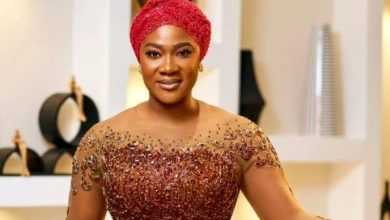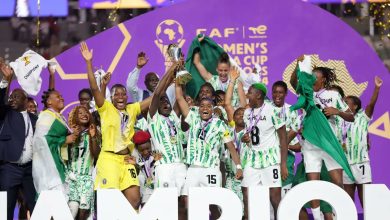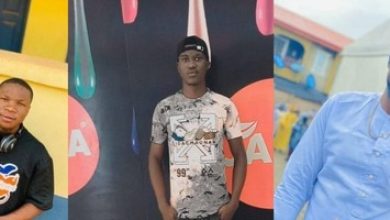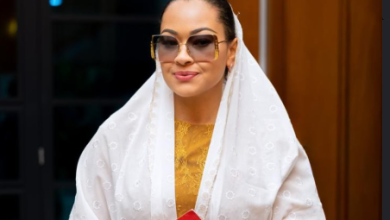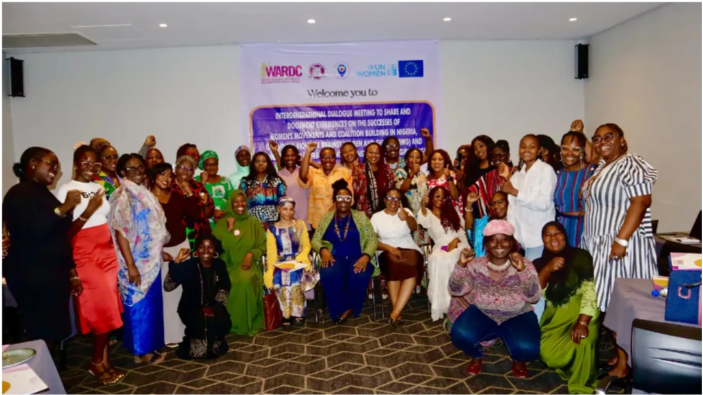
|
Getting your Trinity Audio player ready...
|
At a one-day intergenerational dialogue in Lagos, the Women Advocates Research and Documentation Centre (WARDC), with support from the United Nations Trust Fund to End Violence Against Women (UNTF), brought together women’s groups, advocates, and activists to reflect on decades of women’s movements and share strategies for coalition-building against gender-based violence.
The dialogue also drew attention to the rising cases of technology-facilitated gender-based violence (TFGBV) in Nigeria, with participants calling for stronger collaboration, survivor-centered responses, and legislative reforms to tackle all forms of violence against women and girls (EVAWG).
WARDC’s Acting Executive Director, Dr. Princess Olufemi-Kayode, in her welcome remarks, said the movement builds on the sacrifices of past generations.
“Today, we stand on the shoulders of generations of women who dared to challenge violence, inequality, and silence.” she said, noting the space will amplify the voices of women who have fought, are fighting, and will continue to fight for justice and freedom,
Executive Director of TECHHerNG, Chioma Agwuegbo, noted that online abuse affects women differently across contexts and called for survivor-centered interventions. She stressed the need for policy reform, survivor-led safety initiatives, and solidarity across movements.
Gender inclusion advocate, Asmau Leo, urged a rethinking of stereotypes around women’s conversations, describing “gossip” as vital information sharing that often alerts communities to threats before social media.
She also warned about the increasing cases of blackmail, harassment, and sexual extortion, particularly against young women, saying some have been driven to suicide.
Executive Director of BAOBAB for Women’s Human Rights, Bunmi Dipo-Salami, emphasised mentorship, intergenerational collaboration, and engaging men as key to ending violence.
“Mentorship is key. We must build an army of responders because we are at war. Men listen to men, and some men want to end violence against women. We must bring in new voices and organise effectively so no woman, from rural to urban spaces, is left behind,” she said.
Co-convener of the Bring Back Our Girls movement, Aisha Yesufu, challenged women to move beyond symbolic roles into real political power.
“Politics and activism are the same; they’re both about the greater good. We cannot continue to accept token roles like ‘woman leader.’ Stop that nonsense. I am a leader,” she declared.
She also criticised the systemic conditioning that limits women’s leadership, linking it to early childhood training and religion.
The dialogue ended with a call for stronger laws, improved survivor protection and the active participation of women in politics and governance as pathways to dismantling systemic violence and advancing gender equality.

